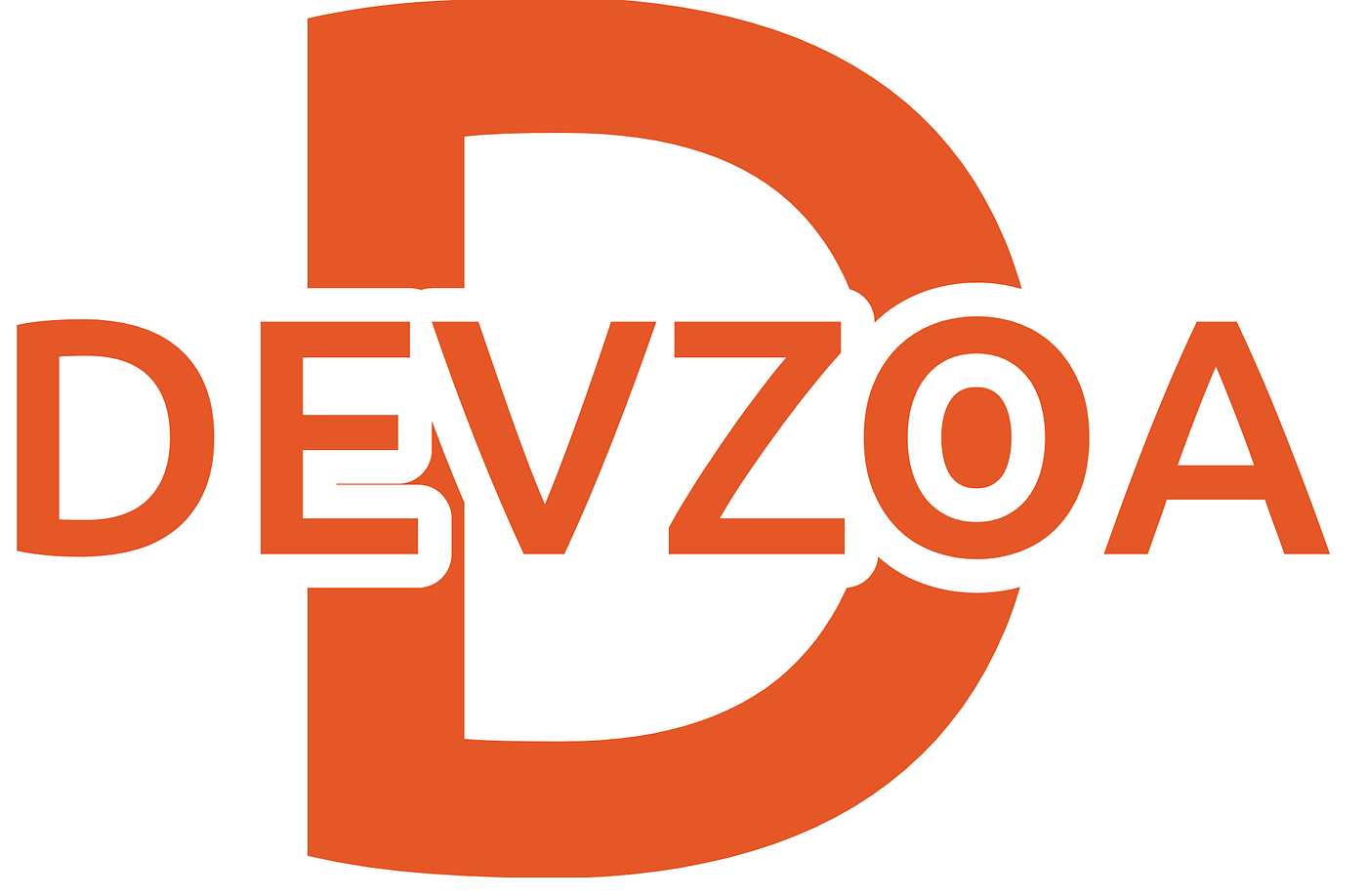Ahoy there, brave decision-makers! We’ve got a fascinating conundrum to solve today — the in-house vs. freelance development quandary. They both craft software, right? So, what’s the fuss about? Grab your detective glasses, and let’s dissect this mysterious beast!
In-house Development: Homegrown Superheroes
Housing your personal squad of tech whizzes? You’ve just walked into the arena of in-house development. This method offers solid control over the entire process, though it’s not without a chink or two in its armor.
Freelance Development: The Lone Rangers
Sailing in the freelance waters means recruiting one or a team of independent developers for your project. It’s a lighter hit on your wallet but could be a wilder ride.
In-house Vs. Freelance: Weighing the Scale
To steer your ship to the right dock, understand how your business fits into the in-house or freelance puzzle. Analyzing their respective merits and pitfalls will guide you in choosing your perfect development crew.
The In-House Advantage
Here’s when you might want to recruit your own coding infantry:
- If you’ve got an innovative idea (think foldable screens) catching tech giants’ eyes.
- You’re in the business of developing critical software like antivirus programs or accounting solutions.
- Your work necessitates a tech ambassador for consistent representation.
- You anticipate a steady stream of work and can justify the ongoing expense of an in-house team.
- You’ve got steady profits and see in-house development as a future-proof investment.
- Working with government agencies or big corporations? Prioritize privacy and confidentiality with an in-house team.
The Freelance Appeal
You might fancy hiring freelance developers when:
- Your company operates remotely or in areas with limited skilled labor.
- You’re a growing company needing a website without the need for a full-time team.
- Workloads fluctuate, and you need developers for specific projects.
- Short-term projects, up to a year, could greatly benefit from freelancers.
- You use open-source e-commerce platforms, requiring customizable setups and maintenance.
Weighing the Pros and Cons
In-house development promises ownership rights, a secure working environment, efficient crisis management, and quality work, albeit with potential challenges like high costs, training difficulties, and rigid work hours.
On the flip side, freelance developers offer cost efficiency, skills diversity, adaptability, direct communication, and flexibility in working hours. However, potential pitfalls may include reliability issues, weaker data security, and possible language or cultural barriers.
Final Round
Think of it this way — freelance developers are like short-term rentals, flexible and cost-effective. In contrast, in-house development is like buying a home, a secure long-term commitment but pricier.
There you have it, folks — the thrilling showdown between in-house and freelance development. Both have their unique strengths and weaknesses. The secret lies in understanding your business needs and using this insight to pick the right contender for your project. So, which one is your champion? The choice, dear reader, is in your hands!

